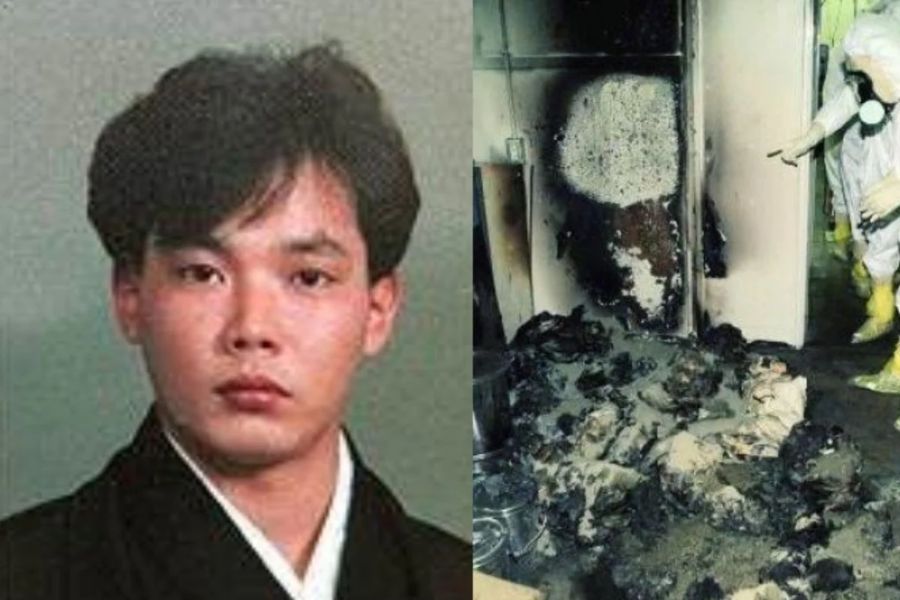What happened to Hisashi Ouchi, and how did his life change after the accident?
Hisashi Ouchi was a Japanese nuclear technician who survived for 83 days after being exposed to a lethal dose of radiation in a criticality accident at a uranium reprocessing facility in 1999. His case is a sobering reminder of the dangers of radiation exposure and the importance of safety precautions in nuclear facilities.
Ouchi was 35 years old and had been working at the facility for seven years when the accident occurred. He was tasked with dissolving uranium oxide powder in nitric acid, a process that can be dangerous if not carried out properly. On the day of the accident, Ouchi made a mistake that led to a criticality accident, which is a sudden release of nuclear energy that can be fatal.
Ouchi was exposed to an extremely high dose of radiation, estimated to be around 17 sieverts. This is more than 10 times the amount that is considered lethal. The radiation exposure caused severe damage to his body, including his skin, internal organs, and bone marrow.
Ouchi was rushed to the hospital, where he underwent extensive treatment, including skin grafts and blood transfusions. However, his condition continued to deteriorate, and he eventually died from multiple organ failure.
Ouchi's case is a tragic reminder of the dangers of radiation exposure and the importance of safety precautions in nuclear facilities. It is also a testament to the courage and resilience of the human spirit. Despite the unimaginable pain and suffering he endured, Ouchi never gave up hope.
Hisashi Ouchi's accident had a profound impact on his life. He went from being a healthy young man to being a severely disabled patient who required constant medical care. He lost his ability to walk, talk, and eat on his own. He also experienced severe pain and disfigurement.
Despite his physical challenges, Ouchi remained mentally sharp. He was able to communicate with his family and friends through writing and sign language. He also became an advocate for nuclear safety. He spoke out about the dangers of radiation exposure and the need for better safety precautions in nuclear facilities.
Ouchi's story is a reminder of the importance of nuclear safety. It is also a story of hope and courage. Despite the challenges he faced, Ouchi never gave up hope. He continued to live his life to the fullest and to make a difference in the world.
Frequently Asked Questions about Hisashi Ouchi
This section addresses some of the most common questions and misconceptions surrounding the case of Hisashi Ouchi, a Japanese nuclear technician who survived for 83 days after being exposed to a lethal dose of radiation in a criticality accident in 1999.
Question 1: What were the long-term effects of the radiation exposure on Hisashi Ouchi's body?
The radiation exposure caused severe damage to Ouchi's body, including his skin, internal organs, and bone marrow. He underwent extensive treatment, including skin grafts and blood transfusions, but his condition continued to deteriorate. He eventually died from multiple organ failure.
Question 2: What lessons can be learned from the Hisashi Ouchi accident?
The Hisashi Ouchi accident is a sobering reminder of the dangers of radiation exposure and the importance of safety precautions in nuclear facilities. It also highlights the courage and resilience of the human spirit. Despite the unimaginable pain and suffering he endured, Ouchi never gave up hope.
Conclusion
The case of Hisashi Ouchi is a sobering reminder of the dangers of radiation exposure and the importance of safety precautions in nuclear facilities. Ouchi's story is also a testament to the courage and resilience of the human spirit. Despite the unimaginable pain and suffering he endured, Ouchi never gave up hope.
The lessons learned from the Hisashi Ouchi accident are still relevant today. Nuclear facilities must continue to prioritize safety and invest in the latest safety technologies. Workers must be properly trained and equipped to handle radioactive materials safely. And governments must have strong regulations in place to protect the public from the dangers of radiation exposure.
Are You Eligible To Return Unopened Diapers To Target?
Jaina Lee Ortiz's List Of Movies And TV Shows
What Is Carrie Bradshaw's Body Type? Find Out Here

Hisashi Ouchi Kept Alive for 83 Days Against his will

The Hisashi Ouchi Real Photo No Blur